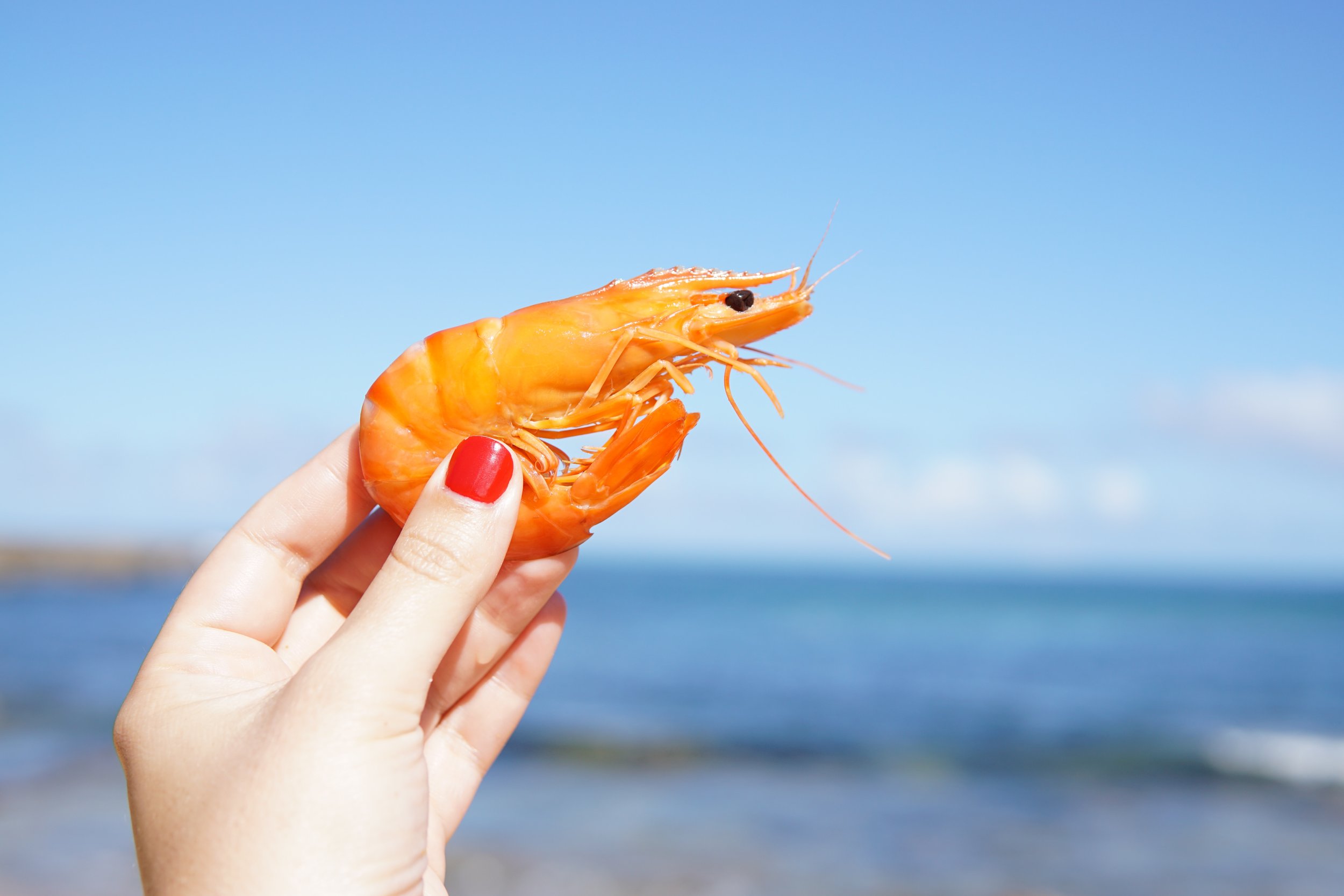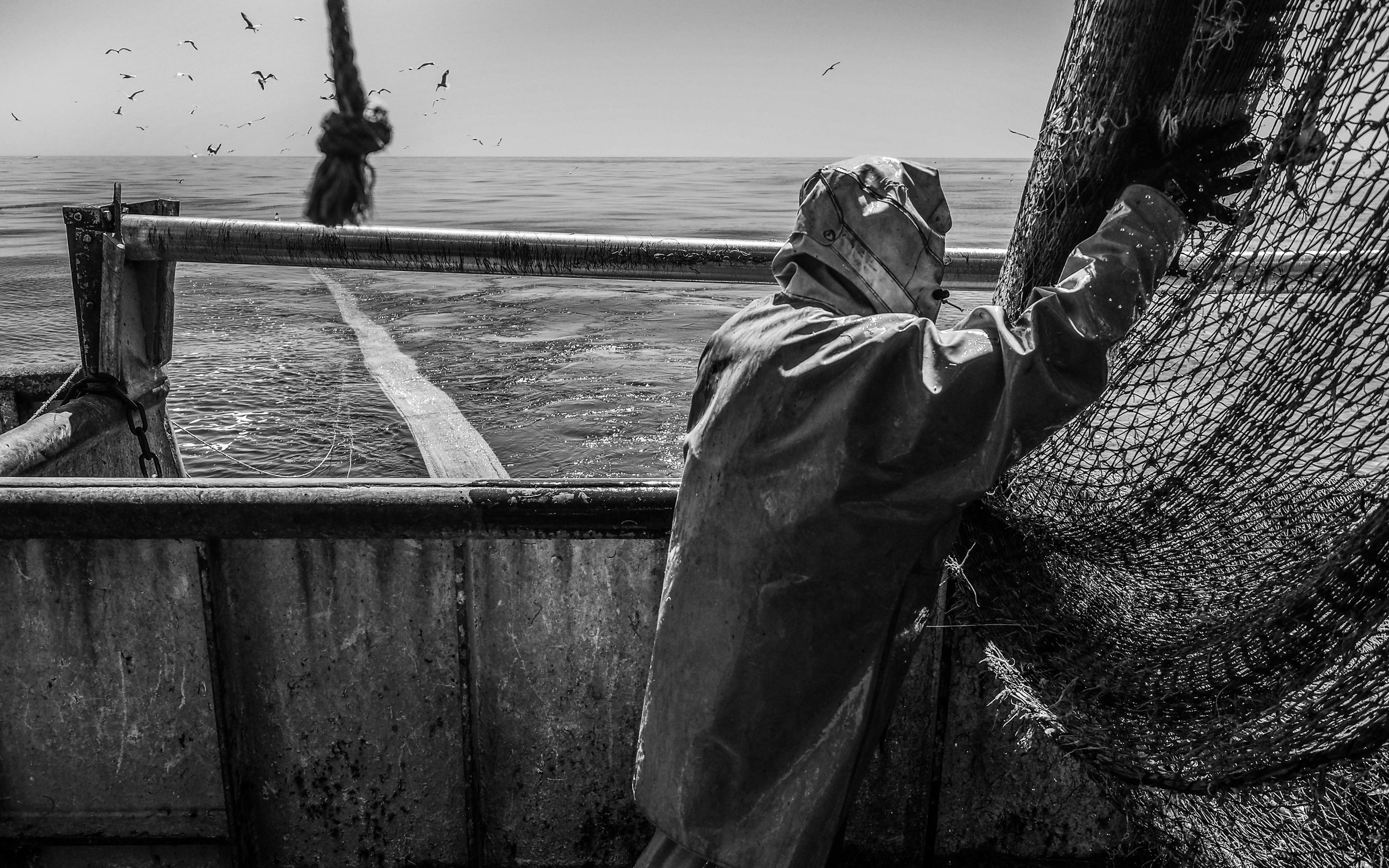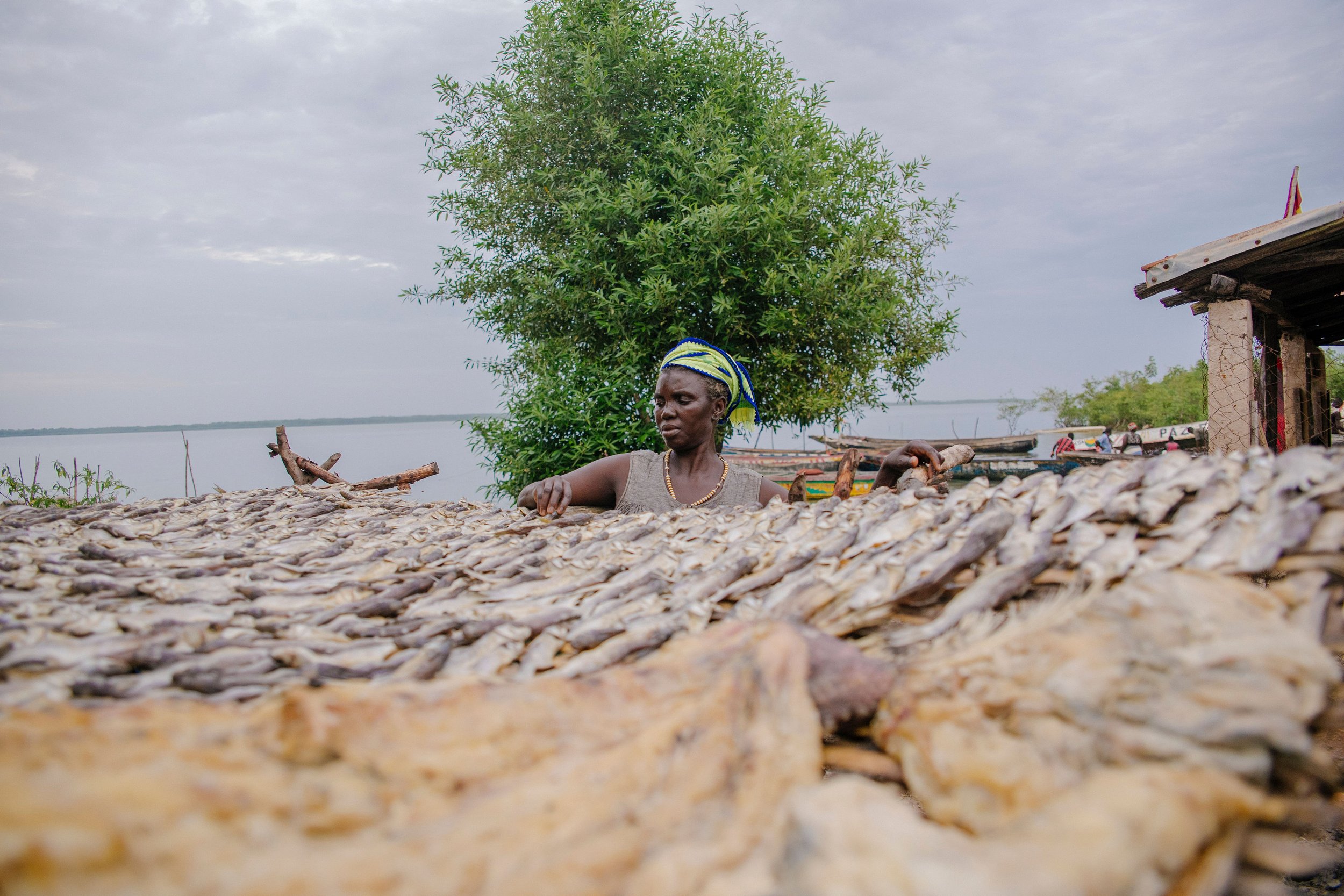The Spanish presidency of the EU is seeking to finalise the negotiations for a corporate accountability directive before the end of December 2023, which would see European based companies take some degree of responsibility for what they do in third countries. We look at some key issues at stake for the third countries small scale fishers.
How can SFPAs improve working conditions for African crews on board distant water fishing vessels?
Transparency, protected and equitable access to resources: the stakes of the EU-Mauritius agreement for small-scale fisheries
The European Parliament is set to give its consent at the end of May to the new Sustainable Fisheries Partnership Agreement (SFPA) between the EU and Mauritius. This article outlines the challenges that Mauritian artisanal fisheries face and highlights the priorities for sectoral support in the future SFPA protocol to support this sector.
Potential negotiations in sight for an EU-Angola fisheries agreement: How would existing joint ventures be treated?
The European Commission has decided to assess the merits of concluding a Sustainable Fisheries Partnership Agreement (SFPA) with the Republic of Angola. For a dialogue on sustainable fisheries in Angola, the EU will need to address the issue of total fishing effort and the framework within which joint ventures operate, as well as revising the presence of European-owned vessels with a bad track record.
An ambitious High Seas Treaty must not come at the expense of coastal fishing communities
It is the last week of the 5th session of the Intergovernmental Conference on Marine Biodiversity of Areas Beyond National Jurisdiction (BBNJ) and there is an expectation that delegates will agree on a series of topics, including area-based management tools. However, Marine Protected Areas in areas beyond national jurisdiction without further measures to reduce capacity might instensify the fishing effort in EEZs, increasing competition with small-scale fisheries.
Don’t miss the woods for the tree: Beyond FADs, overcapacity in Indian Ocean tuna fisheries needs to be addressed
At the beginning of February, the Indian Ocean Tuna Commission (IOTC) Contracting Parties, meeting in Kenya, adopted Conservation and Management Measures on both anchored and drifting Fish Aggregating Devices (FADs). These measures were welcomed by many Indian Ocean nations that consider FADs one of the main reasons of tuna overfishing in the region. An article by Beatrice Gorez and Hélène Bours.
Will a "CFP tomorrow" support sustainable artisanal fisheries in Africa?
PRESS RELEASE: On 21 February, the Commission presented several measures to improve the sustainability of the EU fisheries and aquaculture sector. It includes four elements: Energy Transition, an Action Plan to protect and restore marine ecosystems, a Communication on the "common fisheries policy today and tomorrow and a Report on the Common Market Organisation for fishery and aquaculture products. How will these impact African small-scale fishing communities?
Intensive farming of carnivorous fish relying on West Africa fishmeal must be stopped
The FAO Guidelines for Sustainable Aquaculture can be improved by including the considerations of stakeholders that are currently facing the negative impacts of unsustainable aquaculture, and by openly addressing issues like the interactions with small scale fisheries, competing for coastal space and for access to resources like small pelagics in West Africa.
The UN trumpets the importance of small-scale fisheries, but keeps mum about the blue threats it faces
The new fishing agreement between Seychelles and Taiwan is now public. But will tuna fisheries sustainability improve as a result?
For several decades, The Seychelles’ access agreements with Taiwanese companies contained articles preventing the publication of content without prior written approval of the other party. In 2021, as part of the Fisheries Transparency Initiative process, The Seychelles Government announced it would endeavour to remove confidentiality clauses from their fishing agreement.
A year for artisanal fishers is not enough
2022, the International Year of Artisanal Fisheries and Aquaculture (IYAFA), has been a pivotal year for small-scale fisheries, meeting the UN’s goal of raising awareness about the role they play in employment, food security, nutrition, livelihoods, culture, and coastal communities well-being. Beyond recognition, there is an urgent need for concrete action in securing their access to marine resources and markets, as promised by States under Sustainable Development Goal 14.b.
Financing the 30x30 agenda for the Oceans: Debt for Nature swaps should be rejected
Joint statement - In the delivering on 30x30 and financing conservation, debt for nature swaps are gaining momentum. However, debt swaps should be rejected as they lack transparency and give undue power to foreign organisations over the policies of marine resources management of developing and small-island states.
Moving towards sustainable fisheries in Africa: A FAO discussion on foreign fishing access arrangements is essential
In this article, the author reviews the recent FAO access arrangements mapping report which focuses on access to developing countries waters by fleets of foreign origin. According to the FAO, this report is a first step towards facilitating “the identification of opportunities to enhance the trade of fisheries-related services, particularly for developing countries” with the objective of making access arrangements fairer and more sustainable.
Despite what FAO says, access to marine resources and markets is not yet secured for small-scale fisheries
A recent report assessing the progress made on food and agriculture-related Sustainable Development Goals glosses over the fact that around the globe, men and women in the artisanal fisheries value chain still face incredible hurdles in seeing their access rights respected. IYAFA has catalysed recognition for small-scale fisheries important roles in food security and livelihoods, but now action on the ground and concrete results are needed.
WTO agreement on fisheries subsidies: a mouse is born
For the agreement to contribute effectively to the Sustainable Development Goals, it is essential that the forthcoming negotiations, prior to the thirteenth ministerial conference, focus on the main threat to artisanal fisheries in Africa: overfishing and overcapacity, especially by foreign-owned vessels.
Fisheries management in West Africa: the example of sardinella
Activities of Senegalese trawlers in Liberia: the companies incriminated by CFFA, SOPERKA and PEREIRA, react
SOPERKA, a Senegalese fishing company, in a joint venture with the Spanish company Grupo Pereira, wished to react to our article “Experimental fishing or experimental pillaging in Liberia?” Mr Kandji, Managing Director, Mr Serrano, from the company Pereira, adviser to SOPERKA for its fishing operations, and Mr Perez Bouzada, a lawyer, who defends the interests of the company Pereira, expressed their views on a series of issues raised in the article.
UN Ocean Conference political declaration: where are the fishers?
The final declaration fails to appropriately acknowledge the role and importance of the biggest group of users of the ocean, - the artisanal fishers-, while it encourages private-public partnerships, capital market instruments and other forms of financing, that might end up destroying coastal fishing communities.
Senegal and Liberia will conduct joint fisheries research to evaluate Liberia fisheries viability. For Liberia ‘carabineros’, this may come too late
Sponsored by the World Bank, as part of their Liberia Sustainable Management of Fisheries project worth 40 million euros, this research campaign will take advantage of the CRODT research vessel, the ITAF DEME, launched in 2021 with the EU-Senegal Sustainable Fisheries Partnership Agreement (SFPA) sectoral support.
Small-scale fishers call for global leaders to act now on oceans at UN Ocean Conference
JOINT PRESS RELEASE: Small-scale fisheries are small in name only. Half a billion people – 7% of the global population – are at least partly dependent on them for food, employment and income. They are the largest group of ocean users, have contributed the least to the ocean emergency, and are among the most affected by it. Yet their needs, roles and rights are often ignored, and they are generally sidelined or excluded from major policy discussions that directly affect their lives and livelihoods.





















